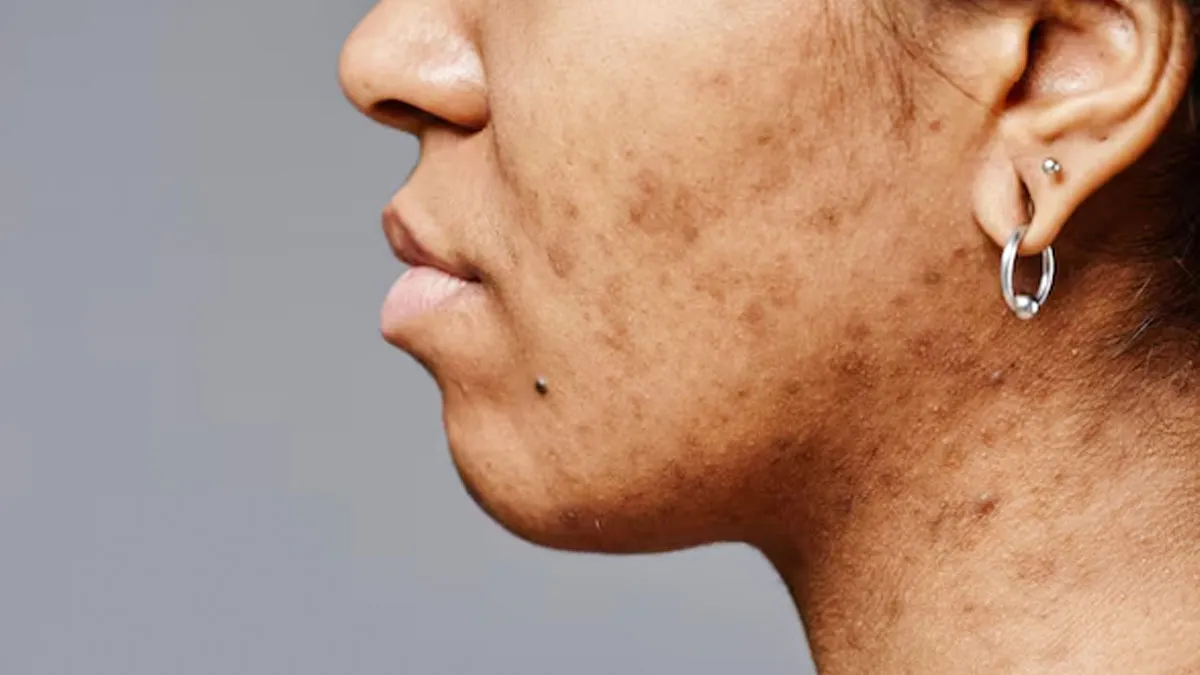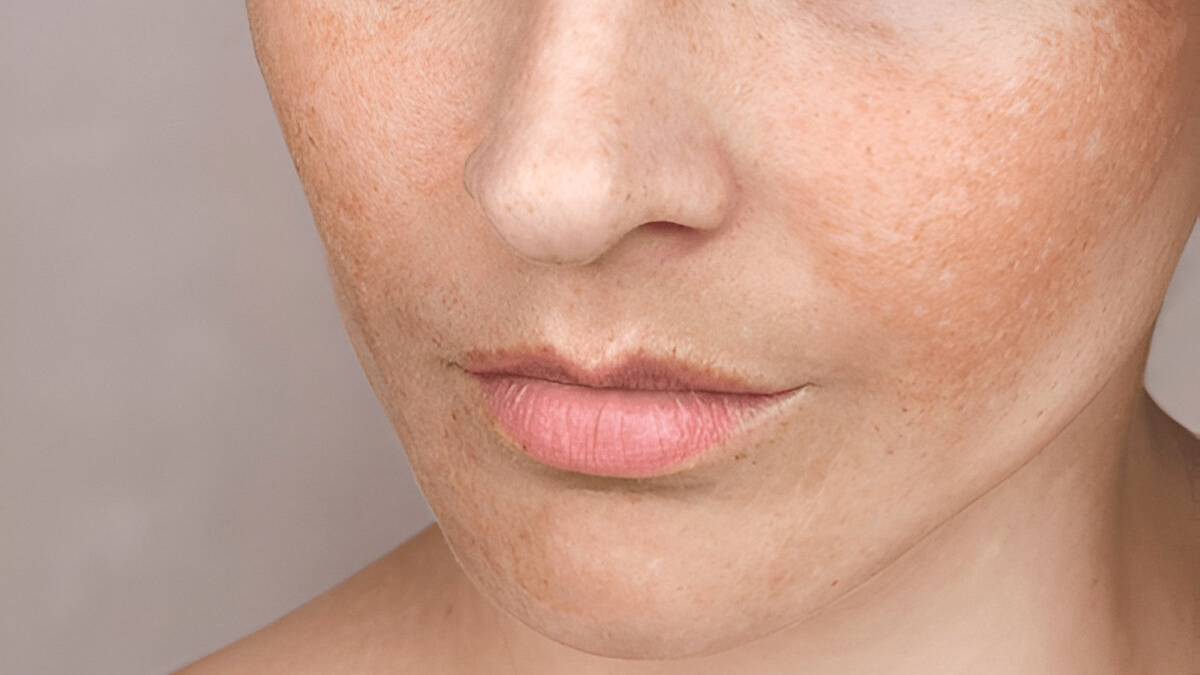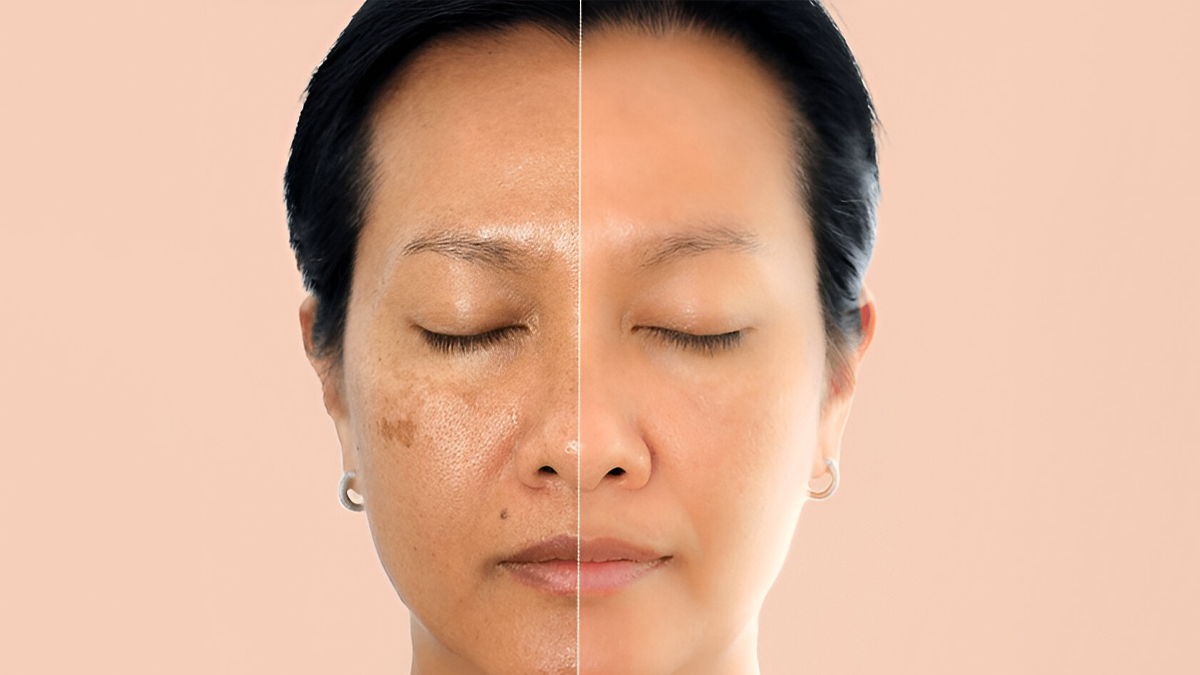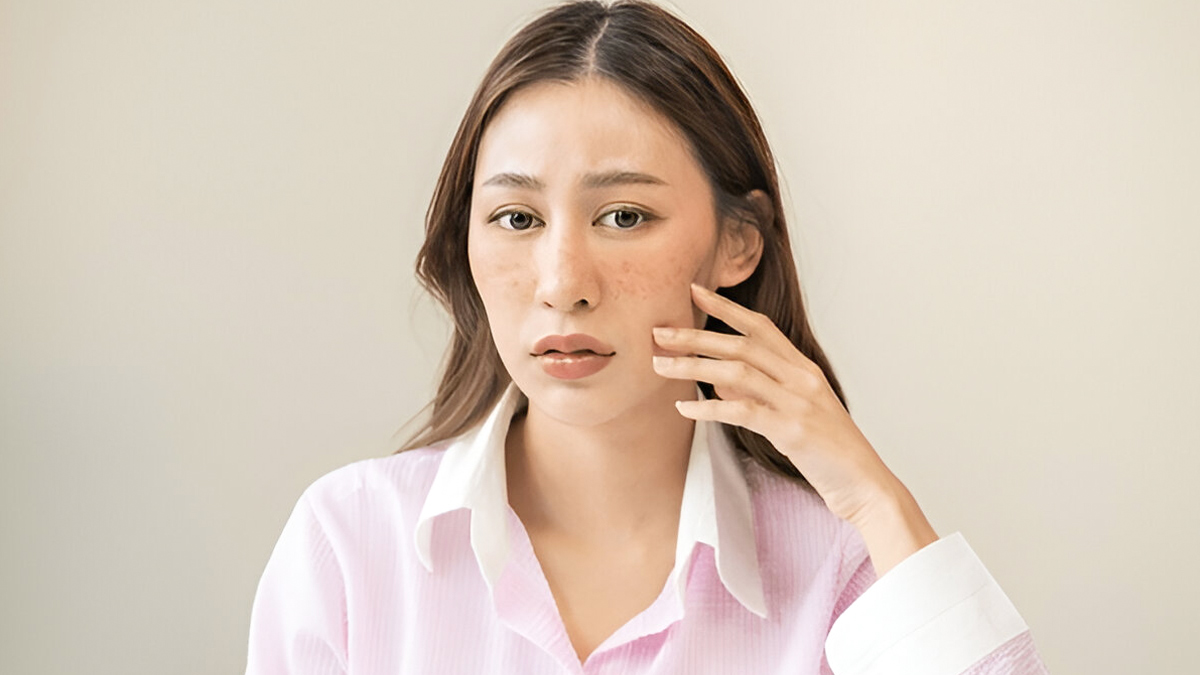
Dark spots, or hyperpigmentation, are a skin concern that many people struggle with. Whether caused by acne, sun exposure, or hormonal changes, they often take a long time to fade. While we try countless products and remedies to lighten them, certain everyday habits may unknowingly make them worse.
Table of Content:-
Dr Soma Sarkar, MBBS, MD, Dermatology, Co-Founder of SkinBB and Lead Dermatologist, Mumbai, explains the common mistakes that aggravate hyperpigmentation and what you should do instead.
Skipping Sunscreen

One of the most common and damaging mistakes is not wearing sunscreen. Sun exposure triggers melanin production, which deepens dark spots and makes them more stubborn. In fact, a 2020 study in the Indian Journal of Dermatology found that sunscreen is key in treating melasma and post-inflammatory hyperpigmentation (PIH), especially in people with darker skin. Since UV rays and even visible light can worsen these conditions, broad-spectrum sunscreens help stop spots from getting darker and may even improve them.
Dr Sarkar explains that sunscreen won’t remove existing pigmentation, but it ensures that it doesn’t grow in size or intensity. If you have hyperpigmentation, daily sun protection is non-negotiable. Look for a broad-spectrum sunscreen with SPF 30 or higher and reapply every 3–4 hours, especially if you’re outdoors.
Over-Exfoliating The Skin
Many people believe exfoliation speeds up the fading of dark spots. But overdoing it can backfire. Using scrubs, glycolic acid, or salicylic acid too frequently irritates the skin, leading to inflammation and more pigmentation.
“Over-exfoliation is always going to irritate the skin... Persistent redness will eventually get converted into the pigment, and you will have darker spots,” says Dr Sarkar.
The key is balance — exfoliate gently, follow with a moisturiser, and never forget sunscreen.
Using Harsh Home Remedies

DIY skincare isn’t always safe. Common home remedies like limestone mixtures or scrubbing with besan (chickpea flour) can damage the skin barrier.
Dr Sarkar cautions that these practices can irritate skin, cause burns, and leave more stubborn marks instead of clearing them. While natural ingredients may seem harmless, they are often too harsh for delicate facial skin. Instead, choose dermatologist-approved actives like vitamin C or azelaic acid for safe results.
Also Read: What Is Arbutin? Skin Health Benefits For People With Dark Spots
Excessive Scrubbing
Scrubbing feels satisfying, but aggressive rubbing actually worsens pigmentation. Friction and micro-tears make the skin inflamed, which leads to darker spots over time. This applies not only to face scrubs but also to using harsh loofahs or rubbing cloths on the body.
A better alternative? Use gentle chemical exfoliants in moderation, and always moisturise afterward to protect your skin barrier.
Ignoring The Role Of Hair Dyes

Not many people realise that hair colouring agents can trigger facial pigmentation. Ingredients in dyes may irritate the skin around the forehead, hairline, and sideburns, leading to patchy dark spots.
If you regularly colour your hair, be cautious. Protect your skin with a barrier cream before application, and rinse off any residue thoroughly to reduce the risk of pigmentation.
Expecting Quick Fixes And Using Too Many Actives
In the rush to lighten dark spots, many people layer multiple strong products without guidance. This cocktail of actives often sensitises the skin, leading to more irritation and pigmentation.
According to Dr Sarkar, safe alternatives include:
- Vitamin C (L-ascorbic acid, 5–10%)
- Glycollic acid (3–6%)
- Mandelic acid and glycollic acid combinations
- Azelaic acid (10%) for post-acne marks and stubborn pigmentation
These should be used in moderation, ideally under dermatological supervision. Patience is key — pigmentation takes weeks or months to improve.
Conclusion
Dark spots don’t fade overnight, but with the right skincare routine, they can be managed effectively. Avoid harsh scrubs, risky home remedies, and sun exposure without protection. Instead, focus on gentle, dermatologist-approved ingredients and consistent sunscreen use.
Remember, pigmentation is stubborn, but with the right balance of protection, hydration, and safe actives, you can achieve healthier and clearer skin over time.
Also watch this video
How we keep this article up to date:
We work with experts and keep a close eye on the latest in health and wellness. Whenever there is a new research or helpful information, we update our articles with accurate and useful advice.
Current Version
Sep 27, 2025 08:53 IST
Published By : Tenzin Chodon
